In the last two years, we have witnessed initial coin offerings (ICOs) emerge as the go-to funding method for new blockchain projects, raising billions for startups that would otherwise struggle to raise capital using traditional funding avenues.
In this article, we will discuss what you need to look for to identify a potentially successful blockchain project and we will present Kenya-based blockchain initiative Chamapesa as an example of a promising blockchain-powered startup.
What to Look for?
Technical Skills and Expertise
The skills needed to do the work are vital to the success of a project as these determine whether the company will be able to deliver upon its promise and proposal as set out in its whitepaper. A potentially successful blockchain venture needs a team that possesses all necessary skills to deliver on its mission.
A Strong Community
A user base that believes in the project and supports the company whether directly or indirectly is vital to sustainability for a blockchain initiative. Ordinarily, a company could have a great product or service, but without users, it cannot sustain its business. Marketing campaigns must be carried out in the most captivating way possible in order to foster a strong community and market presence.
Reputation
A company’s reputation determines how investors and consumers perceive it and engage with its brand, products, and services. Consistent delivery of value reinforces trust and becomes a core pillar in determining the sustainability of business operations. After all, no one wants to do business with an organisation you cannot trust to deliver on its promises.
User-friendly Product
Even though blockchain technology is still relatively new it does not have to be complex. Users do not need to understand the technology running in the back end if the front end of the product is user-friendly. What matters is that it is intuitively easy to use and solves a real need for its users.
Leveraging Existing Habits
People tend to be creatures of habit. It follows that we associate much more with products and services related to our daily habits. For companies launching products in markets like Africa, this means that marketing strategies will need to be developed for products and services to mimic people’s habits in order to get traction and adoption.
A Look at Kenya’s Chamapesa
 Kenya’s Chamapesa is a blockchain initiative that is set to deliver much-needed solutions for social savings groups. Chamapesa’s product is a ledger keeping and messaging app for social savings groups, a popular culture in Kenya and many other parts of Africa. The goal of the project is to promote a savings culture amongst the people of Africa.
Kenya’s Chamapesa is a blockchain initiative that is set to deliver much-needed solutions for social savings groups. Chamapesa’s product is a ledger keeping and messaging app for social savings groups, a popular culture in Kenya and many other parts of Africa. The goal of the project is to promote a savings culture amongst the people of Africa.
What does it take to form a successful savings group?
The first thing every member of a ‘chama’ group needs is a source of income, from which one can make regular contributions to the savings group. A group of like-minded people who share a common bond, values, and economic aspirations. These people could be family, friends, village neighbours or groups of professionals.
Once you have come together as a group, draw up a common agreement or constitution that members can sign and retain in order to define the group’s leadership, governance, clarify expectations on goals, and resolve disputes as they arise. Getting the group registered officially as a self-help group or as part of the Cooperative Societies Act serves to strengthen the group’s accountability.
Make sure to keep impeccable records from the start: the identities and contribution of members, minutes from meetings and accounts of the group’s activities need to be kept in either manual or digital ledgers, for transparency, auditing, and financial accountability. All the members of the group should be able to access these records and refer to them in case of any requirement.
Remember to communicate. Communication needs to be regular and consistent, for the group to maintain synergy in its pursuits. Members need to be updated on their progress, challenges, and opportunities so they can make the most of their pooled savings.
Chamapesa’s Solution
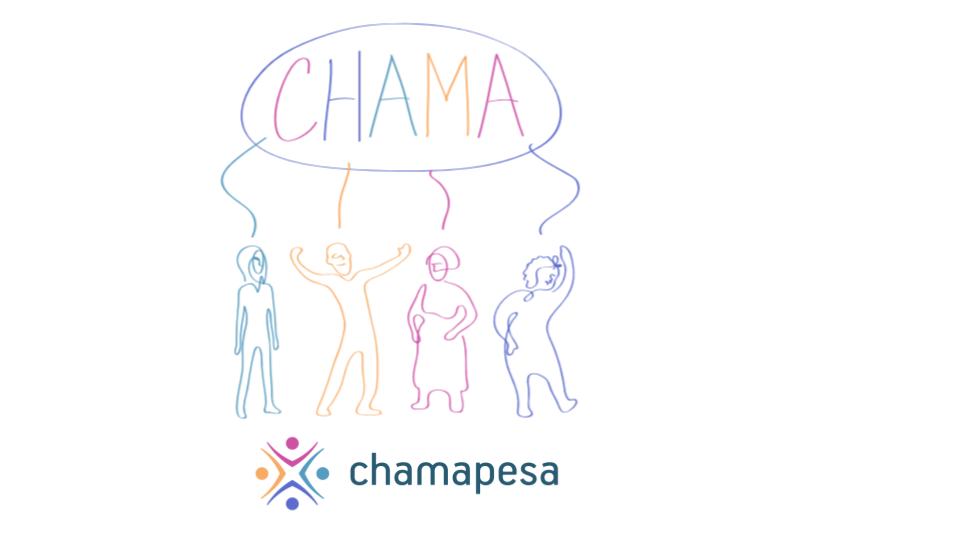 Chamapesa is building on these aspects, using blockchain elements to enhance record keeping and effective communication. In this way, it has the hallmarks of a successful and sustainable blockchain-based initiative. It is set to launch its first version of the Chamapesa app later this year, and the team behind the project is working tirelessly to foster great networks with savings groups in Kenya. If you want to put the days of poor habits in savings behind you, get ready to download the app, join a savings group or start one and commit to growing out of your financial comfort zone.
Chamapesa is building on these aspects, using blockchain elements to enhance record keeping and effective communication. In this way, it has the hallmarks of a successful and sustainable blockchain-based initiative. It is set to launch its first version of the Chamapesa app later this year, and the team behind the project is working tirelessly to foster great networks with savings groups in Kenya. If you want to put the days of poor habits in savings behind you, get ready to download the app, join a savings group or start one and commit to growing out of your financial comfort zone.
Chamapesa’s Mic Kimani told Bitcoin Africa: “Chamapesa provides a tool for groups of people to form and organise themselves. All forms of group chamas will benefit from this tool: biashara groups of women traders, boda boda riders, farmers, marketers, freelancers – what we call groups of professionals and similarly, chama groups that are more inclined to social projects like wedding fundraisers, burials, and baby showers. Chamapesa’s social messaging chat app also doubles up as a transparent digital ledger allowing groups to keep track of their contributions and goals while simultaneously communicating via a group chat. It is flexible enough for all group functions whether it is saving or merry go round or table banking.”
“What we are building is a social economic network for chamas.”
“Once we have a critical mass of chamas on our platform, we will connect chamas with others on a social network crafted specifically for groups. We expect to see chama groups collaborate with each other within and across professional groups. So you could potentially see one group in Makueni do business with a group from Nairobi and share each others records as proof of viability,” he added.
To can learn more about the project, you can watch the Chamapesa documentary.
*Readers should do their own due diligence before taking any actions related to the mentioned company, product or service. BitcoinAfrica.io is not responsible, directly or indirectly, for any loss or damage caused by or in connection with the use of or reliance on any content, product or service mentioned in this article.*
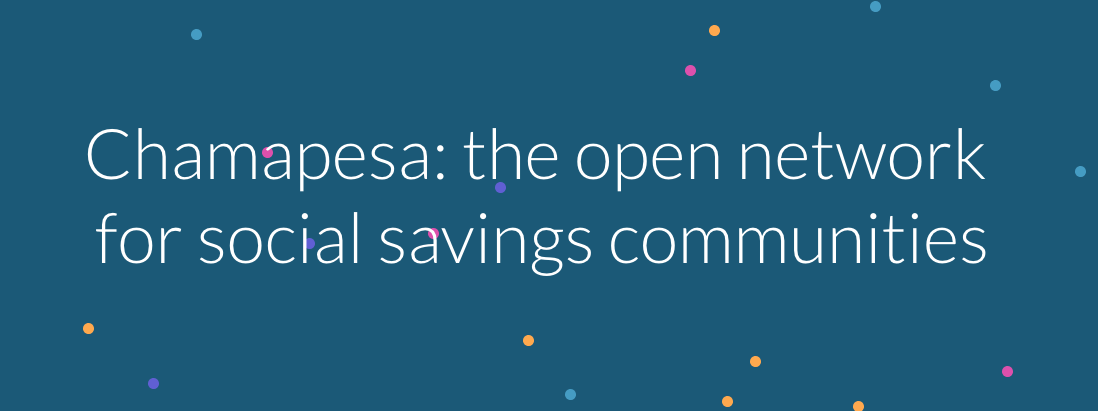

 News1 year ago
News1 year ago
 News2 years ago
News2 years ago
 News3 years ago
News3 years ago
 News2 years ago
News2 years ago
 News2 years ago
News2 years ago
 Sponsored Posts3 years ago
Sponsored Posts3 years ago
 News2 years ago
News2 years ago
 News2 years ago
News2 years ago
 Kenya’s
Kenya’s  Chamapesa
Chamapesa



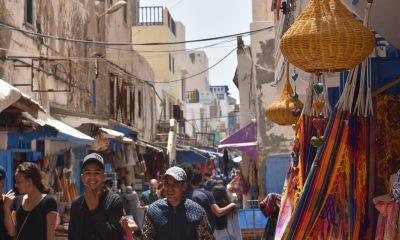

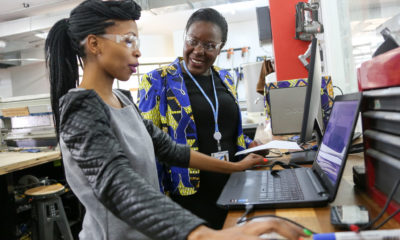



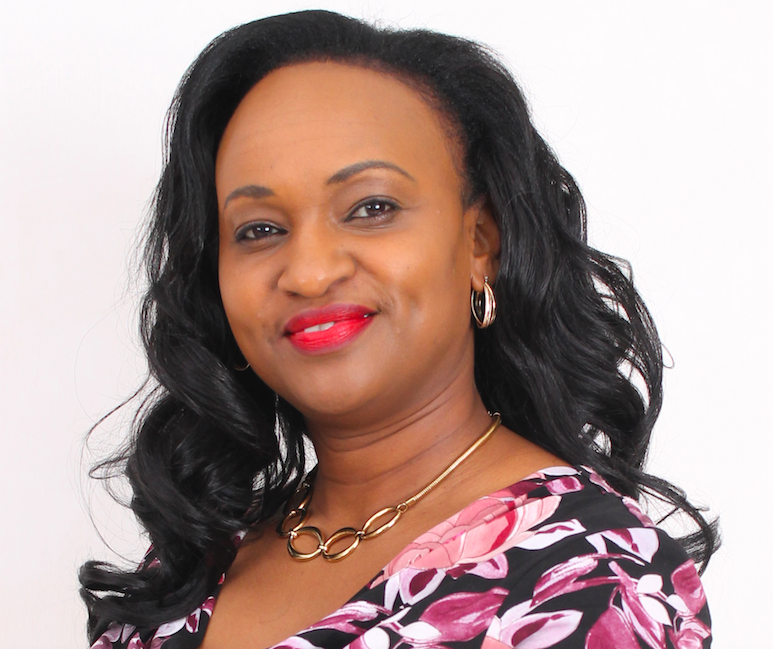
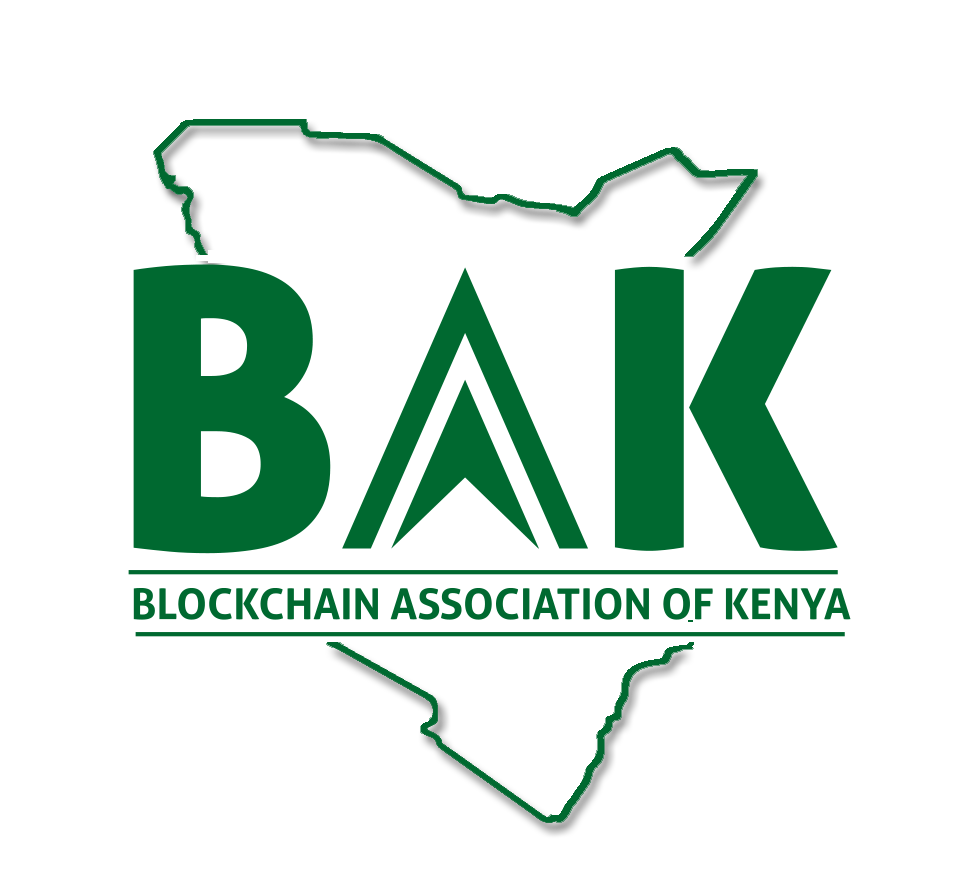 Since it was registered in 2017 as a non-profit, the
Since it was registered in 2017 as a non-profit, the 

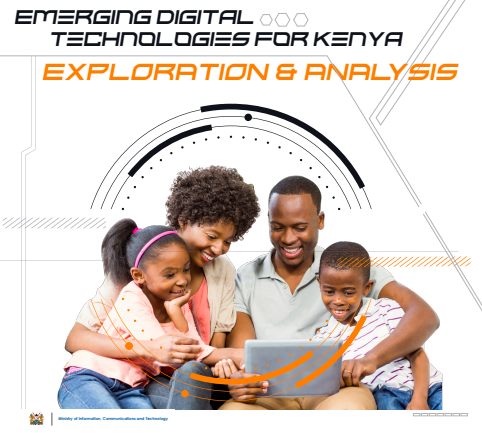
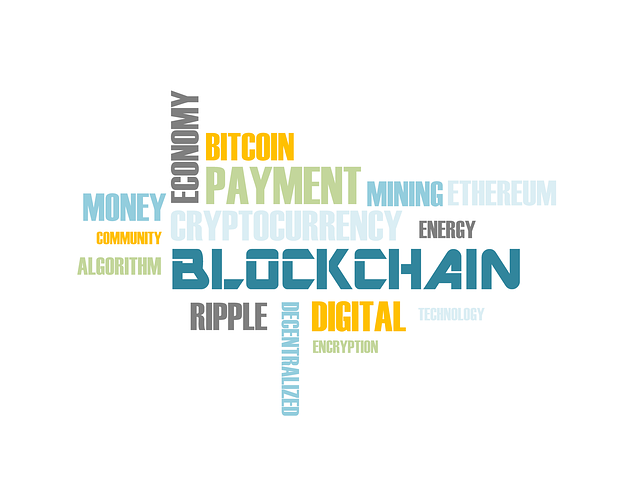 Some of the target implementation areas for blockchain and AI include the Ministry of Lands, Huduma Centres where important documents are issued, and the Ministry of Transport.
Some of the target implementation areas for blockchain and AI include the Ministry of Lands, Huduma Centres where important documents are issued, and the Ministry of Transport.






